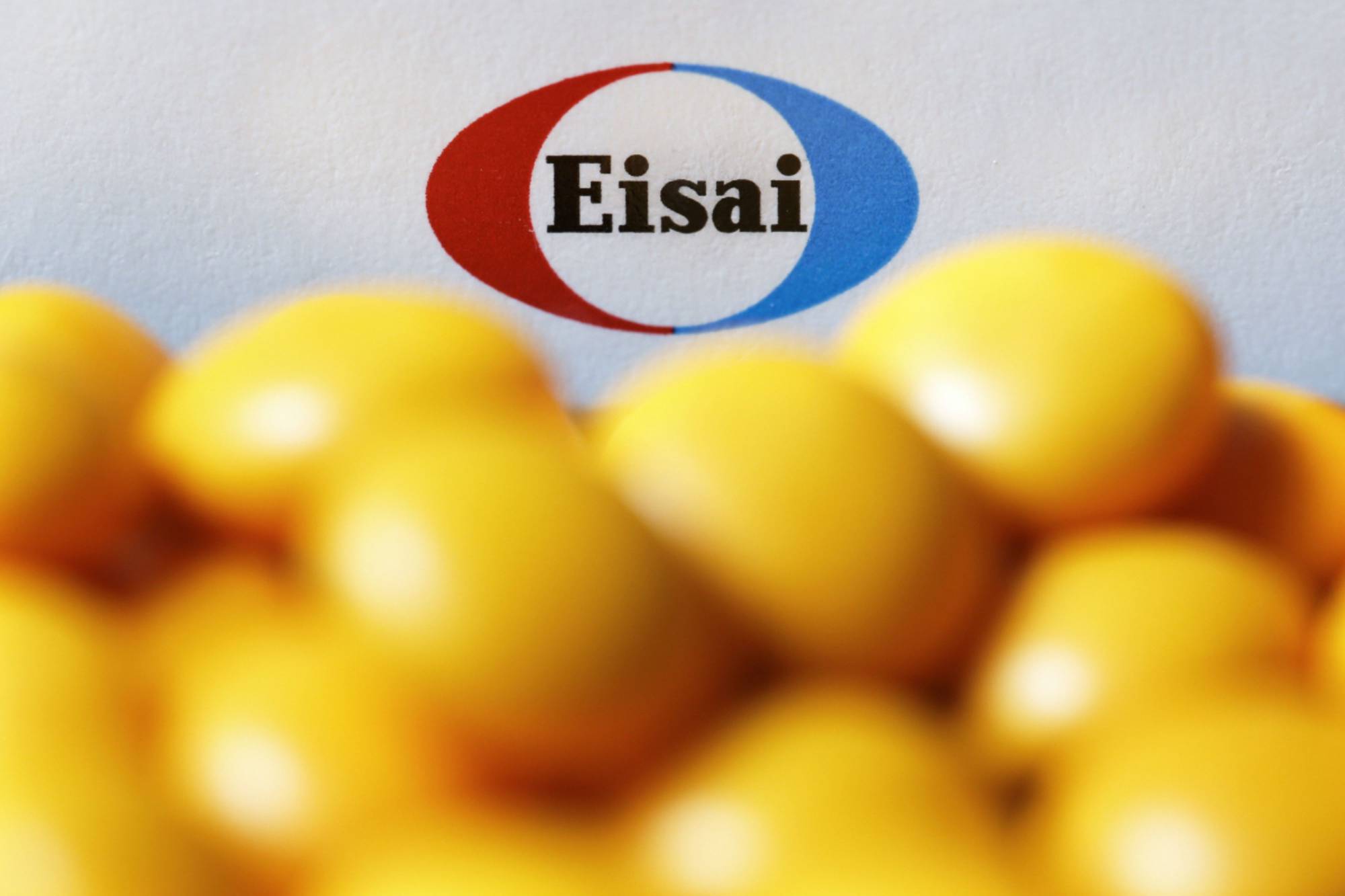Fresh off the historic but controversial U.S. approval of its Alzheimer’s drug Aduhelm made in a tie-up with Biogen Inc., Japanese pharmaceutical company Eisai Co. says it’s pushing ahead with its second therapy to combat the disease — which has shown fewer side effects and could come in a more convenient form for patients.
The Tokyo-based company is pressing ahead with its second drug amid ongoing scrutiny around the U.S. Food and Drug Administration’s June approval of Aduhelm, which caused resignations among a panel of independent experts who said the therapy was ineffective and has also prompted a call for a federal probe.
Eisai’s second compound in development to treat Alzheimer’s has the potential for fewer side effects like brain swelling and bleeding, and could come in an injection enabling at-home administration rather than intravenous infusions in hospitals, Ivan Cheung, the New Jersey-based global president of Eisai’s neurology business, said in an interview last week. The second drug, known as lecanemab or BAN2401, works similarly to Aduhelm by reducing amyloid plaques from the brains of Alzheimer’s patients.

















With your current subscription plan you can comment on stories. However, before writing your first comment, please create a display name in the Profile section of your subscriber account page.